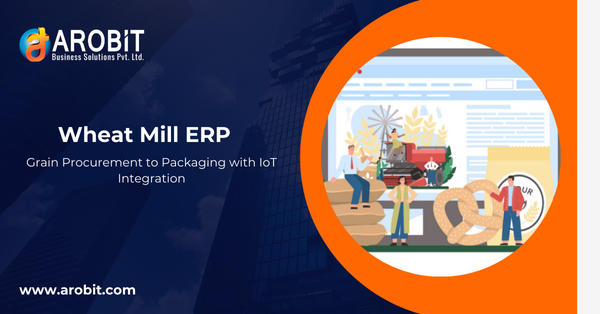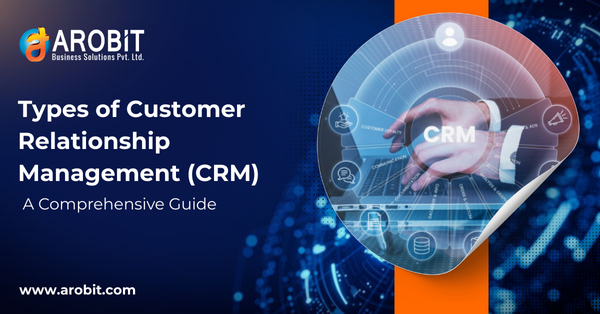In 2025, the global software development market will amount to $1 trillion. The dependence on technology among other industries is ever-growing and becoming a major force of driving demand. With efficiency and engaging the customer in mind, businesses now need to know about all different kinds of software development services. This blog discusses some of the many types of software development, emphasizing their role in business today.
- Software development services are crucial for creating applications that meet specific business needs.
- Companies are, in fact, at a crossroads between choosing between in-house and outsourced software development, both with their respective benefits and challenges.
Types of Software Development Services
Custom Software Development
Definition and Purpose: Custom software development is the creation of tailor-made applications aimed at addressing specific business needs.
Key Benefits:
- Solutions to suit a particular workflow.
- Automate time-consuming activities and, thereby, boost productivity.
Applications: Examples of web solutions include CRM, ERP solutions, and niche-specific software applications.
Web Development
Web Development Services: A summary of web development includes designing and developing websites that are browsed on a computer or a mobile device.
Web Solution Types:
- Single-page, information-only sites.
- Complex web applications that have interactive features.
Importance for Businesses: The online presence is a great way to engage with the customer and promote the brand.
Mobile Application Development
Definition and Process: This refers to the designing of apps solely for mobile devices.
Platforms Supported: iOS and Android. Cross-platform solutions are available too.
Business Benefits:
- Improved access to customers through mobile availability.
- Improved user engagement with push notifications and location-based services.
Cloud Software Development
Explanation of Cloud Computing in Software Development: Refers to building applications hosted on remote servers, allowing access via the internet.
Benefits of Cloud-Based Applications:
- Scalability and flexibility in resource management.
- Reduced infrastructure costs as maintenance is handled by cloud providers.
Artificial Intelligence and Machine Learning Development
Role of AI and ML in Software Solutions: Integrating AI enhances functionality through data analysis and predictive capabilities.
Examples of AI-Driven Applications:
- Chatbots for customer service.
- Recommendation systems in e-commerce.
Systems Integration
Definition and Objectives: Systems integration is defined as connecting multiple IT systems and integrating them to perform synergistically.
Importance toward Operational Efficiency : Well-configured processes eliminate redundancies and improve data quality while reducing the errors occurring when working with different applications.
Software Maintenance and Support
Reasons for Continuous Support for Applications: Consistent updates and maintenance keep the software operable and secure.
Core Activities Involving:
- Bug fixes for quick troubleshooting purposes.
- Updates to include new features or security enhancements.
DevOps
DevOps Methodology Explanation: It is a combination of software development and IT operations that enhances collaboration and productivity.
Benefits for the Software Development Lifecycle:
- Feature delivery is expedited through continuous integration and deployment.
- Improved quality from automated testing processes.
Cybersecurity Software Development
Cybersecurity Services Explanation: This mainly focuses on building secure applications that protect against threats.
Key Features and Importance in Data Protection:
- Implementation of encryption protocols.
- Routine security audits that identify vulnerability.
E-commerce Software Development
Definition and Parts of E-commerce Applications: This involves designing online shopping applications that would have aspects like payment gateways, product catalogues, and user accounts.
Advantages for Retail Businesses:
- The market reaches beyond physical locations.
- Ease of access to the shopping experience for the customers.
Database Development
Purpose and Necessity of Database Applications: Necessary to store data, retrieve it, and handle it effectively.
Major Services Offered:
- A database application is specifically designed for a particular business.
- Data access becomes efficient and quick.
Embedded Software Development
Definition and Examples (IoT Devices): This relates to developing software for running on hardware devices instead of traditional computers.
Importance in Industries: Critical in industries, such as automotive systems, (e.g. navigation systems) and medical devices for healthcare.
Enterprise Software Development
Overview of Enterprise Solutions:
Focuses on large-scale applications that support complex business processes across departments.
Large Organizations' Key Features and Benefits:
- Scalability to accommodate growing data volumes.
- Customizable features to adapt to changing business needs.
Industry-specific Software Development Services
Healthcare Software Development
- Significance for Quality Patient Care: Streamlines functions related to patient management and documentation
- Examples (EHR, Telemedicine): Electronic health records allow for improved accessibility to data; telemedicine programs enable virtual consultations.
Financial Software Development
- Definition Fintech Innovations: Refers to innovation concerning the improvement of transaction flow in finance and its management.
- Key areas: Includes mobile banking, trading platforms, digital wallets, etc.
Supply Chain Management Software
- Importance in Production Processes: Increases visibility within the entire supply chain process from acquisition to delivery
- Key Functionalities (Inventory Management, Fleet Management): Optimizes inventory levels while tracking shipments.
FAQs
Q1. What are services in software development?
A1. Services include custom application development, system integration, maintenance support, and cloud solutions, among others. These services cater to specific client needs across various industries.
Q2. What is an example of software development?
A2. A retail store mobile application that allows customers to browse products, make purchases, and track orders is a good example. Businesses also often look for specialized services like ERP software or CRM software to enhance their operations.
Q3. What are IT support services?
A3. IT support services refer to the wide variety of technical assistance that a company provides to other businesses. These include solving problems associated with hardware or software, securing the system, and maintaining the network infrastructure.
Q4. What are application development services?
A4. Application development services include designing, developing, testing, and deploying software applications to suit specific business needs. It may range from mobile apps to complex enterprise solutions.
Q5. How do I find ERP software companies in India?
A5. Many companies specialize in ERP solutions tailored for various industries. A quick online search or industry directories can help you identify credible ERP software companies in India.
Q6. What do I look for in CRM companies in India?
A6. When evaluating CRM companies in India, consider their experience in your industry, customer reviews, the scalability of their solutions, integration capabilities with existing systems, and the ongoing support services they offer.
Conclusion
Knowing the various types of software development services is important for any business seeking to use technology properly. A business needs to pick a type that will serve a specific operational need and enhance efficiency in general. Organizations are advised to consider specific solutions like ERP software and CRM software that address industry needs, but also take into consideration custom-built and standard solutions.
Engagement with credible ERP software companies in India and CRM companies in India would give good insights into the local market needs. Investment in IT support services and comprehensive application development services ensures that businesses stay ahead of the curve in this increasingly digital world. This enables organizations to position themselves competitively while deriving expert guidance through software consulting services, thereby driving growth and innovation.








